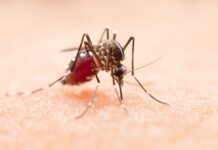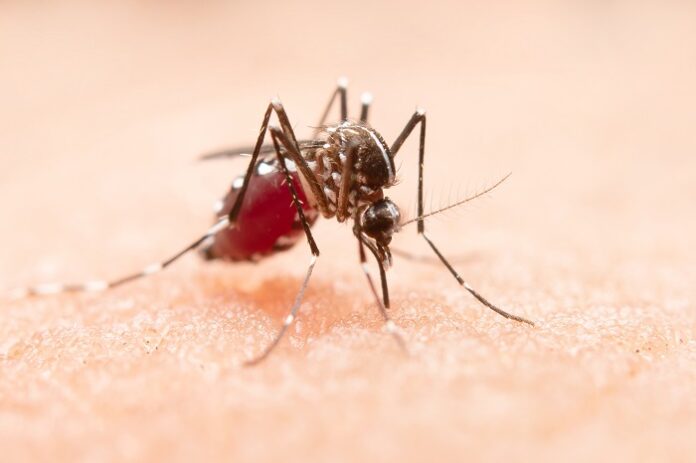Dengue fever is emerging as a growing public health threat in India, particularly between July and mid-November. Traditionally limited to select regions, the disease is now spreading into new areas such as Nagaland and parts of Himachal Pradesh. Experts attribute this alarming trend largely to the impact of climate change.
Dengue Cases Soar Across the Country
According to the National Centre for Vector-Borne Disease Control (NCVBDC) under the Ministry of Health and Family Welfare, dengue cases in India have surged dramatically—from 28,066 in 2010 to over 2.89 lakh in 2023. By March 2025, the country had already reported more than 16,000 cases, signaling an early and concerning trend for the year. This sharp and continuous rise underscores the urgent need to strengthen India’s public health infrastructure and response systems.
Global Warming Fuels the Spread
Dengue is caused by a virus transmitted through the Aedes mosquito, which thrives in warm and humid climates. As global temperatures rise, more areas in India are becoming favorable for mosquito breeding. Dr. Vikram Jeet Singh, Senior Consultant at Aakash Healthcare, explained that higher temperatures accelerate mosquito reproduction and help the dengue virus multiply faster inside their bodies. Moreover, rainfall, flooding, and water storage during droughts all contribute to the creation of stagnant water pools—ideal breeding sites for mosquitoes.
New Regions Now at Risk
As per the press release, the expanding threat is not just a local concern. A study in The Lancet warns that climate-sensitive diseases like dengue will significantly increase in South Asia unless urgent action is taken. States such as Jammu & Kashmir and Himachal Pradesh are already experiencing regular dengue outbreaks, marking a clear expansion of the traditional “dengue belt.”
Vaccine on the Horizon
Recent media reports suggest that a dengue vaccine, Qdenga, which protects against all four strains of the virus, has received approval in several countries and may launch in India next year. If introduced, it could significantly improve prevention efforts, especially in high-risk zones.
Short-Term Strategies to Combat Dengue
Experts emphasize that a multi-pronged, short-term strategy is essential to control the immediate spread of dengue. Dr. Sunil Rana, Associate Director at Asian Hospital, recommends using mosquito nets, window screens, and covered water containers to reduce mosquito exposure. He also highlights the success of biocontrol methods, such as introducing mosquito-eating fish in ponds and tanks, a technique used effectively in Andhra Pradesh.
Private Sector Can Boost Impact
According to Dr. Vineet Rao of Jupiter Hospital, Pune, stronger partnerships between government and private stakeholders can enhance the effectiveness of control efforts. He suggests that businesses support community clean-up campaigns, sponsor public awareness drives, and distribute affordable mosquito control tools. In underserved areas, mobile health clinics and ASHA workers can provide crucial services like testing and education on dengue prevention.
Policy Integration and Long-Term Solutions
In the long run, India must adopt a coordinated policy approach. Dr. Aakaar Kapoor, CEO of City XRay and Scan Clinic, advocates for Integrated Vector Management (IVM)—a strategy involving sectors like health, agriculture, urban planning, and the environment. Although the National Vector-Borne Disease Control Programme (NVBDCP) incorporates IVM principles, on-ground coordination and training need substantial improvement to achieve real impact.
Neurological Risks Add to Dengue’s Danger
Highlighting another dimension of the crisis, Dr. Praveen Gupta, Chief of Neurology at Fortis Hospital, warns that dengue poses serious neurological risks, including encephalitis, seizures, and Guillain-Barré syndrome. He stresses the importance of early diagnosis and public awareness, noting that dengue is now a year-round threat, not just a seasonal one.
A Collective Call to Action
Ultimately, tackling dengue requires a unified effort from individuals, communities, and government agencies. As India confronts the realities of a climate change, dengue prevention and control must become a national priority—not only to protect public health but also to support long-term development and resilience, as emphasized by Dr. Vikram Jeet Singh.
























